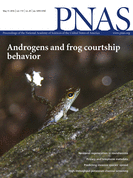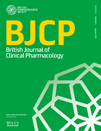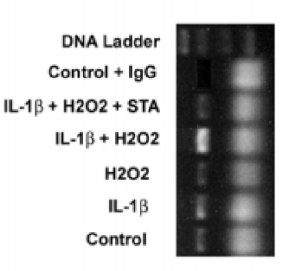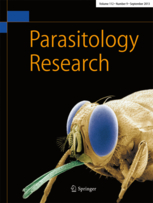
A sixth retraction has appeared for a diabetes researcher who previously sued a publisher to try to stop his papers from being retracted.
Mario Saad‘s latest retraction, in PLOS Biology, stems from inadvertent duplications, according to the authors. Though an investigation at Saad’s institution — the University of Campinas in Brazil — found no evidence of misconduct, a critic of the paper told The Scientist he does not believe that the issues with blots were inadvertent.
Previously, Saad sued the American Diabetes Association to remove four expressions of concern from his papers; they were later retracted, even though Unicamp recommended keeping three of them published.
Here’s the new retraction notice, for “Gut Microbiota Is a Key Modulator of Insulin Resistance in TLR 2 Knockout Mice:” Continue reading Researcher who sued to stop retractions gets his sixth


 After PLOS ONE allowed authors to remove a dataset from a paper on chronic fatigue syndrome, the editors are now “discussing the matter” with the researchers, given the journal’s requirements about data availability.
After PLOS ONE allowed authors to remove a dataset from a paper on chronic fatigue syndrome, the editors are now “discussing the matter” with the researchers, given the journal’s requirements about data availability.



 After the reviewer of a rejected paper was publicly outed, the BMJ has taken the unusual step of explaining why it chose not to publish the paper.
After the reviewer of a rejected paper was publicly outed, the BMJ has taken the unusual step of explaining why it chose not to publish the paper. The Open Science Framework (OSF) has pulled a dataset from 70,000 users of the online dating site OkCupid over copyright concerns, according to the study author.
The Open Science Framework (OSF) has pulled a dataset from 70,000 users of the online dating site OkCupid over copyright concerns, according to the study author.